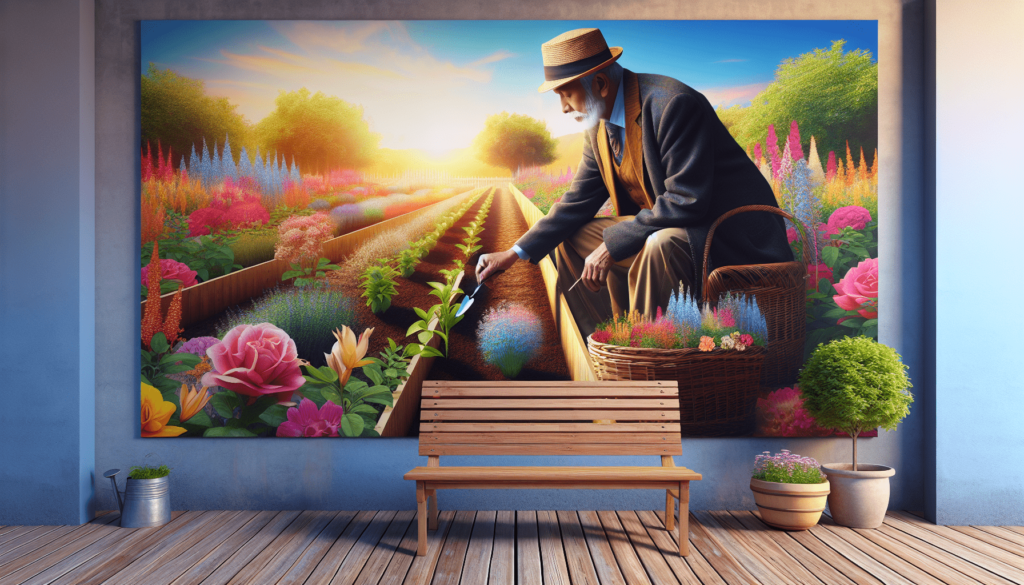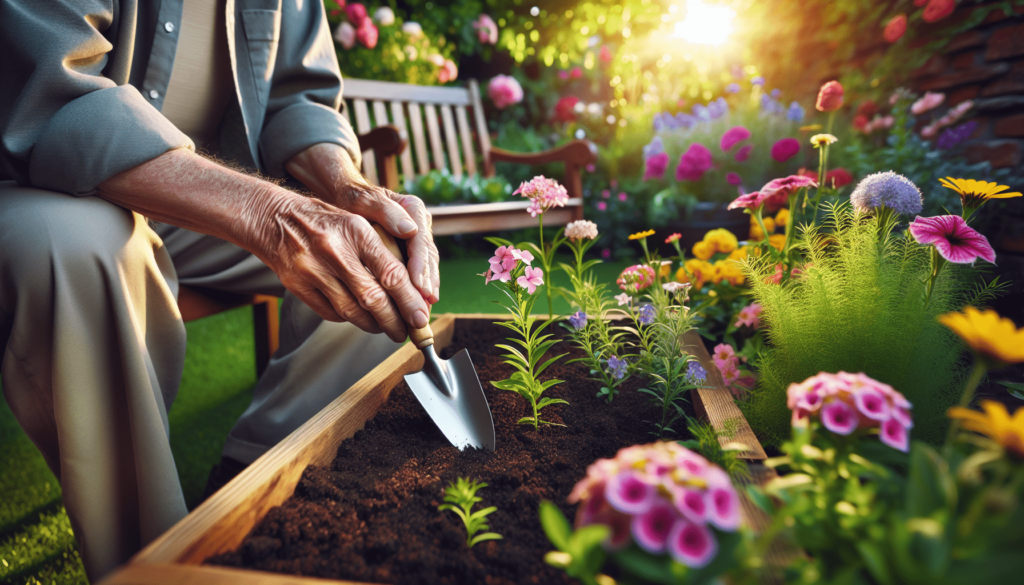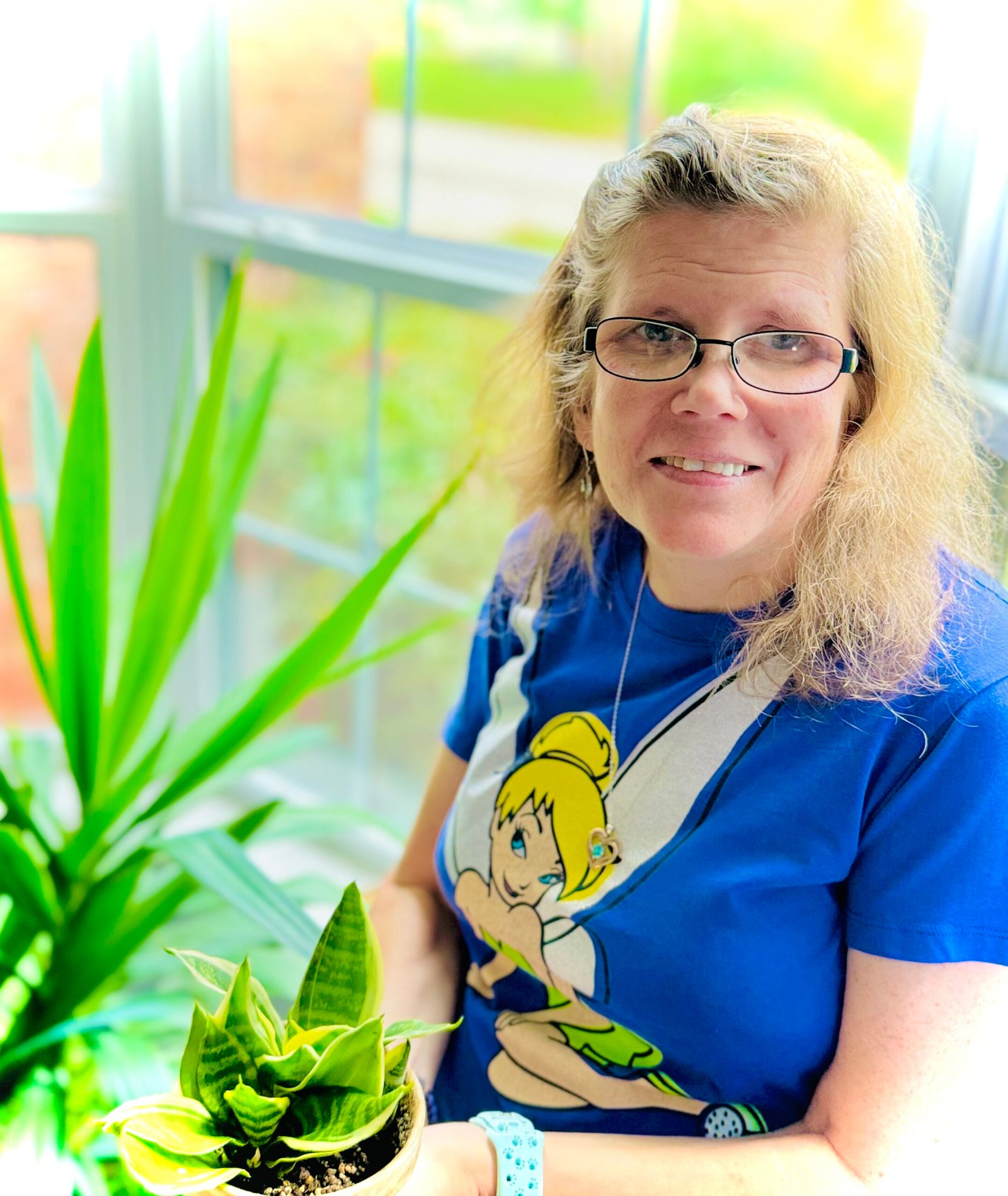Have you ever wondered how gardening can be tailored to suit the needs of older adults? As we age, maintaining our hobbies and passions is vital for our mental and emotional well-being. Gardening, in particular, offers numerous benefits, from physical activity to a sense of accomplishment and connection with nature. However, the physical demands of traditional gardening can become challenging for seniors. The good news is that with a few adaptations, gardening can remain a fulfilling and accessible hobby for older adults.

Understanding the Benefits of Gardening for Seniors
Before diving into the practical adaptations, it’s important to recognize the multitude of benefits that gardening offers to seniors. Physical movement, mental stimulation, and emotional satisfaction are just a few of the rewards.
Physical Health Benefits
Gardening promotes regular physical activity, which is crucial for maintaining mobility and strength as we age. Tasks such as planting, weeding, and watering can help improve cardiovascular health, build muscle strength, and enhance flexibility.
Mental Wellness
The mental stimulation that comes from planning, planting, and tending to a garden can be incredibly beneficial. Engaging with nature and using cognitive skills like problem-solving can help to keep the mind sharp, reducing the risk of cognitive decline and boosting overall well-being.
Emotional Fulfillment
There’s something inherently fulfilling about nurturing plants and witnessing their growth. Gardening provides a sense of accomplishment and purpose, which can have a profound impact on emotional health. It’s a form of therapy, a way to connect with nature, and an opportunity to create something beautiful.
Adapting Gardening Techniques
To make gardening more accessible for older adults, certain modifications and tools can be employed. These adjustments can help reduce strain and prevent injuries, allowing seniors to continue enjoying their gardening activities.
Raised Beds and Container Gardening
One of the most effective ways to adapt gardening for seniors is to use raised beds or container gardening. These options reduce the need to bend or kneel, making gardening much more comfortable.
| Benefits of Raised Beds | Benefits of Container Gardening |
|---|---|
| Easier access | Flexibility in placement |
| Improved soil drainage | Reduced strain |
| Better pest control | Portability |
Ergonomic Gardening Tools
Using the right tools can make a significant difference. Ergonomic gardening tools are designed to reduce the strain on joints and muscles, making tasks easier and less painful.
Adaptive Seating and Support
Kneeling and bending can be tough on an older body, so providing adaptive seating and support can make a big difference. Garden stools or benches with built-in tool storage can offer comfort and convenience.
Lightweight Materials
Opt for lighter materials for pots, soil, and tools. This reduces the physical effort required, making gardening activities less strenuous.
Creating a Safe Gardening Environment
Safety in the garden is paramount, especially for seniors. By taking a few precautions, you can create a safe and enjoyable gardening space.
Clear Paths and Level Ground
Ensure that garden paths are clear and level to prevent trips and falls. If possible, use non-slip paving materials and remove any obstacles that might pose a hazard.
Proper Hydration and Sun Protection
Encourage regular breaks and ensure easy access to water. Wearing sun protection, such as hats and long sleeves, and applying sunscreen can prevent overexposure to harmful UV rays.
Appropriate Clothing and Footwear
Comfortable, non-slip footwear and protective clothing can significantly reduce the risk of injury. Gardening gloves can also help protect the hands from cuts and scrapes.
Using Protective Gear
Depending on the tasks at hand, protective gear such as knee pads, gloves, and long sleeves can add an extra layer of safety and comfort.
Designing a Senior-Friendly Garden
In addition to practical adaptations, consider design elements that can make a garden more enjoyable and manageable for seniors.
Incorporating Sensory Elements
A garden that stimulates the senses can provide immense joy. Consider incorporating fragrant flowers, tactile plants, and visually appealing arrangements.
Accessibility Features
Designing a garden with wide paths, ramps, and reachable raised beds makes it more accessible for those with mobility issues.
Low-Maintenance Plants
Choose plants that require minimal upkeep to reduce the amount of time and effort needed for gardening. Native plants often require less water and care, making them an excellent choice.
Automatic Watering Systems
Installing an automatic watering system can take the hassle out of keeping plants hydrated, making garden maintenance simpler.

Gardening with Family and Community
Gardening doesn’t have to be a solitary activity. Involving family members or joining a community gardening group can add a social aspect that enhances the experience.
Community Gardens
Participating in a community garden provides an opportunity to socialize and share knowledge with others. It can also reduce the individual effort required, as tasks can be shared among members.
Family Involvement
Inviting family members to join in gardening activities can be a wonderful way to bond. It’s an excellent opportunity for younger generations to learn from their elders and for seniors to pass on their knowledge and passion.
Therapeutic Gardening Programs
Some communities offer therapeutic gardening programs specifically designed for seniors. These programs can provide support and a structured environment for gardening.
Social Interaction
The interaction found in community gardens or group activities can combat feelings of loneliness and isolation, a concern for many older adults.
Sustainable Gardening Practices
Sustainability is an important consideration in modern gardening. Seniors can contribute to ecological preservation and enjoy the benefits of a sustainable garden.
Composting
Composting kitchen scraps and garden waste is a great way to produce rich soil and reduce waste. Seniors can be involved in the composting process at a level that suits their abilities.
Using Native Plants
Native plants are well-adapted to the local climate and require less water and care, making them an excellent choice for a low-maintenance garden.
Water Conservation
Incorporating water-saving techniques such as mulching and using drought-resistant plants can contribute to a more sustainable garden.
Organic Gardening
Practicing organic gardening by avoiding synthetic fertilizers and pesticides contributes to a healthier garden and environment.
Reducing Waste
Recycling and reusing materials within the garden can reduce waste and promote sustainability.
Resources and Tools for Senior Gardeners
Many resources are available to help seniors continue their gardening passion. These include specialized tools, online communities, and local support groups.
Specialized Tools
There are various tools designed specifically for seniors, including lightweight, ergonomic, and long-handled tools to reduce strain.
Gardening Books and Guides
Many publications offer advice and inspiration tailored to senior gardeners. These can provide new ideas and techniques adapted for aging bodies.
Online Communities
Online forums and groups offer a space to share experiences, ask questions, and gain support from fellow gardeners.
Local Support Groups
Many local organizations and senior centers offer support and resources for older gardeners, including group activities and educational workshops.
Educational Workshops
Participating in gardening workshops can provide new skills and knowledge, helping seniors stay engaged and informed about best practices.
Overcoming Common Challenges
Every gardener, regardless of age, faces challenges. Understanding and preparing for these can help in maintaining a positive and productive gardening experience.
Physical Limitations
Addressing physical limitations through adaptive tools and techniques can ensure that gardening remains enjoyable and comfortable.
Maintaining Motivation
Sometimes, staying motivated can be difficult. Setting small, achievable goals and celebrating successes can help maintain interest and excitement.
Weather Considerations
Extreme weather can pose a challenge. Planning gardening activities for cooler parts of the day and taking appropriate precautions can make a big difference.
Accessibility Issues
Creating an accessible garden is key. This includes designing paths, raised beds, and workspaces that are easy to navigate.
Conclusion
Gardening is a timeless hobby that offers numerous benefits, especially for older adults. By making a few thoughtful adaptations, you can ensure that your gardening activities remain enjoyable, safe, and accessible as you age. Whether it’s through raised beds, ergonomic tools, or community involvement, there are countless ways to continue reaping the rewards of gardening. Embrace the joy and tranquility of nurturing your garden, and allow it to enrich your life for many years to come.

My name is Michelle Warren, and I’m the founder of Peaceful Gardening. As a 10-year breast cancer survivor, I’ve discovered the profound therapeutic power of gardening. This journey has not only helped me recover but has also become my passion and a source of ongoing peace and joy.
Peaceful Gardening was born from my desire to share the healing benefits of gardening with others. Whether you’re facing health challenges, dealing with stress, or simply looking to connect more deeply with nature, this space is for you.
Over the past decade, I’ve cultivated not just plants, but a deep understanding of how gardening can positively impact mental health. I’ve worked with local community gardens, led workshops on mindful gardening practices, and collaborated with mental health professionals to develop gardening-based stress reduction programs.
Peaceful Gardening was born from my desire to share the healing benefits of gardening with others. Whether you’re facing health challenges, dealing with stress, or simply looking to connect more deeply with nature, this space is for you.
Here, you’ll find evidence-based advice on using gardening as a tool for mindfulness, stress relief, and emotional healing. I share personal stories, practical tips, and scientifically-backed information on how to create your own therapeutic garden space, no matter the size of your yard or balcony.
My mission is to help you discover the joy, peace, and healing that comes from nurturing plants and connecting with nature. Join me in exploring how the simple act of tending to a garden can transform your mental and emotional wellbeing.
Welcome to Peaceful Gardening – let’s grow together towards better mental health!”



